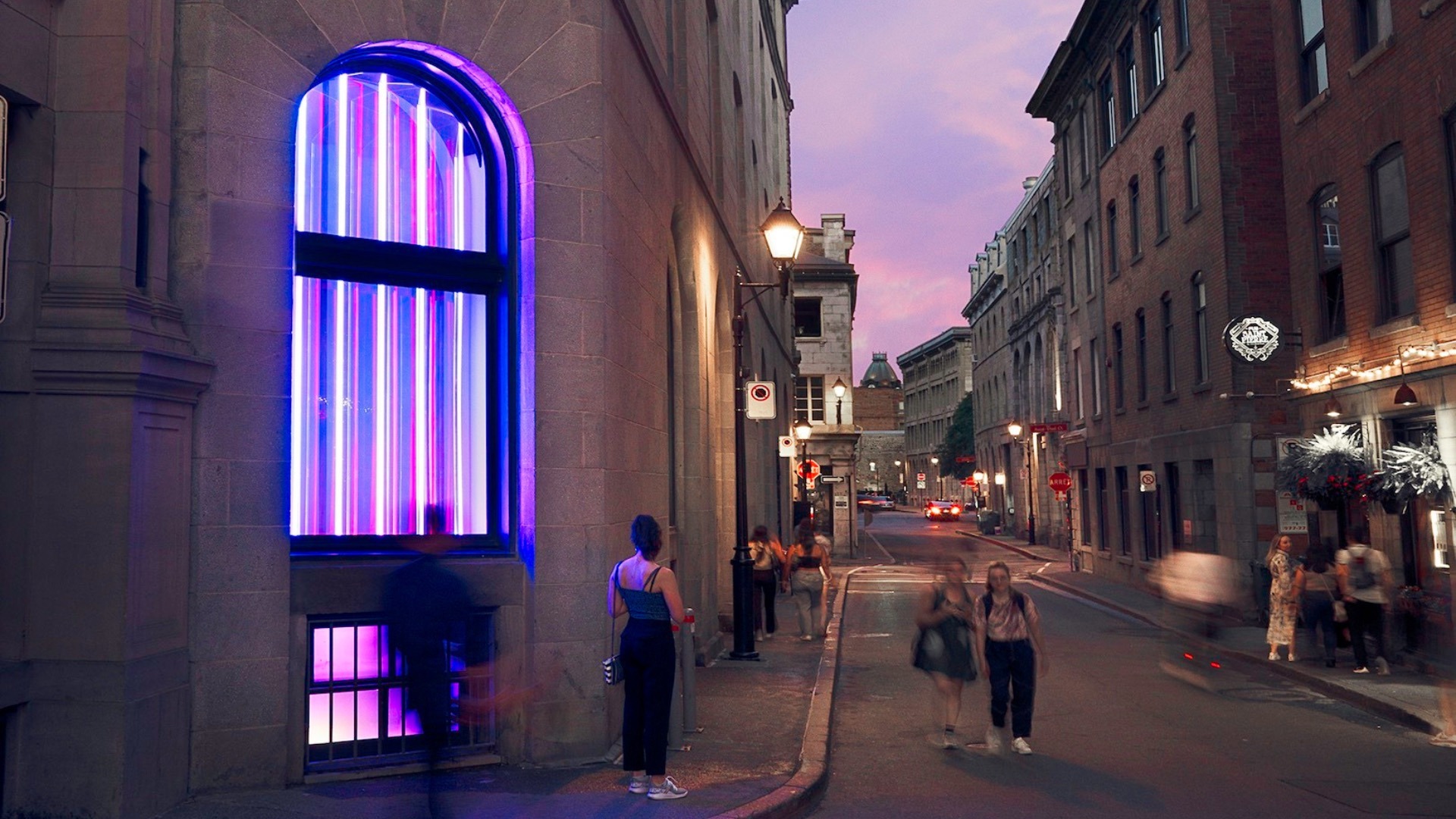
Free
Centre
Chromatic Myriad
August 15 → July 31
The PHI Centre showcases a light installation with evolving content, adapting to the seasons and exhibitions
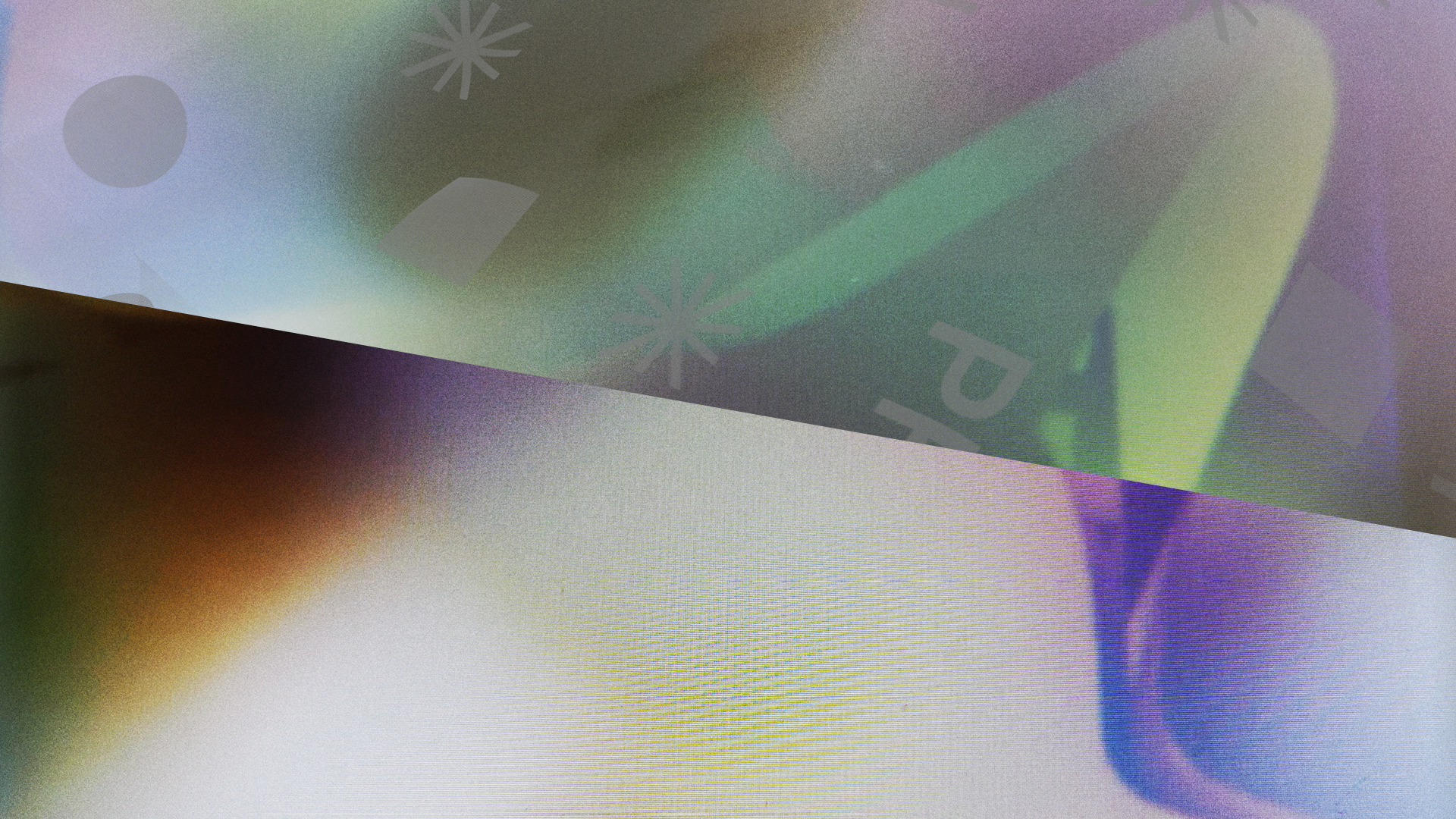
Day 1: Virtual Event with live screening (PHI Centre) / Day 2: Virtual Event with workspace (PHI Centre)
315 Saint-Paul St West
Montreal, Quebec, H2Y 2M3
December 3 & 10, 2021
Free
For more information please contact:
[email protected]
All visitors will be required to present their valid vaccination passport + 1 piece of ID upon arrival in the building. The vaccination passport is required to enjoy the facilities.
More information here.
Online, the event will be offered in English with live audio translation offered in French. ASL (only for Deep Dive sessions) and LSQ interpretation will be available.
PHI Sessions 2021 will be a two-day gathering of a range of voices concerned with the arts and culture milieu.
The intent of PHI Sessions 2021 is to launch and foster a collective project to explore — through open conversation and speculative interrogations — the role and potential of the cultural institution writ large (public galleries, museums, artist run centres, collectives, independent initiatives, etc.) within our rapidly evolving contemporary moment.
Day 1: Conversation Sessions
December 3, 2021
→ Grounding Sessions: Where are we now?
→ Deep Dive Session 1: Emergent commitments and responsibilities of the cultural institution
→ Deep Dive Session 2: Reframing the ‘spaces’ of the cultural institution
→ Summary Session and presentation of Research Subjects
Day 2: Work Sessions
December 10, 2021
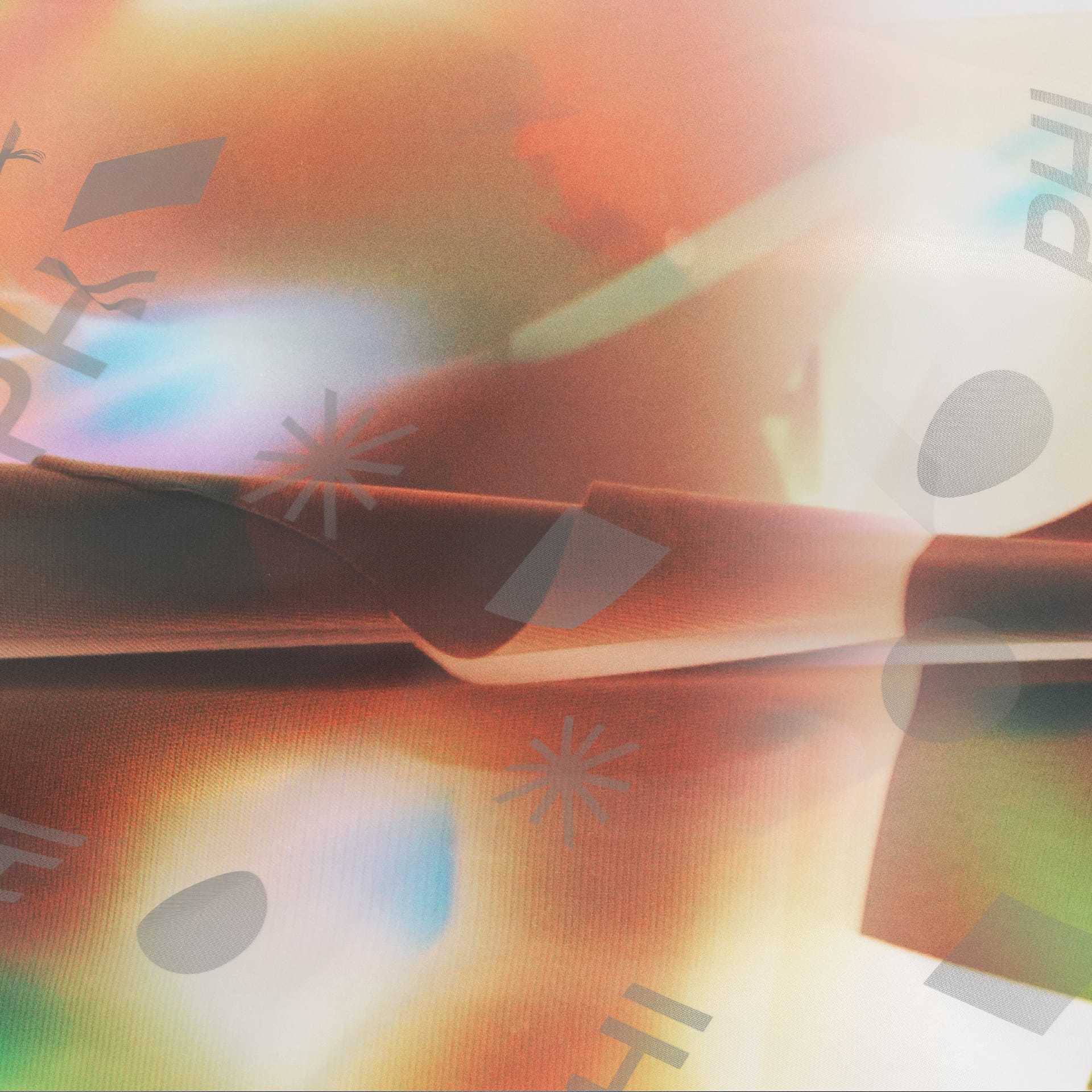
Underpinning the event are two foundational questions:
Understanding that art and culture are essential to our social fabric and collective well-being, what are the emerging roles for cultural institutions to (re)assert their own ‘essential-ness’ in support of this fundamental dimension of everyday life?
How can institutions ensure the sustained capacity to play these roles, and conversely how might these roles contribute to broader sustainability priorities and social progress?
Intersecting these conceptual interests is a series of practical intents:
To share our collective knowledge, which includes the lessons of the pandemic, to imagine new means of catalysing a vibrant and invigorated arts and cultural sector as a connected ecosystem — unto itself and in concert with broader societal movements and socio-cultural shifts
To treat as fundamental, notions of serving our audiences, furthering the development of community engagement and nurturing the art and cultural ecosystem at large
To engage a range of actors and publics in the conversation that operate within, but also beyond, the boundaries of institutional practice
To approach the subjects through forward-looking speculations and provocations to uncover new questions and territories ripe for further inquiry and exploration
To identify new tools and practices through which inquiry and knowledge can be collected, shared and perpetuated, and in turn the means of supporting their use
To engage in a collective (and ongoing) project through which new visions can emerge, and in turn, through which network(s) of practitioners operating in the arts and cultural sphere can be reinforced
The Day 1 Sessions generated a rich array of reflections, speculations, warnings and ideas about the status of the cultural institution. The myriad of considerations precipitated and/or accelerated by our cultural moment were rendered vividly, while open-ended questions that demand further exploration emerged across the conversations and perspectives.
We have distilled the following Research Subjects from the Day 1 conversations, identified to help orient the continued exploration of ideas on Day 2 and beyond.
How can institutions learn from artists as critical navigators of our contemporary moment (now, and in perpetuity)?
How can institutions support and encourage this model (and the value of artists as critical and visionary figures within our broader context)?
Where are the (new actual) centers of power/authority within the cultural system?
What could a new order that better reflects this reality or potential be? (... that readdresses leadership, conditions for workers, hierarchies, accountability, decision making, etc)
How can we accelerate change and increase agility for institutions mired by inertia and their implication within systemic logics? (what might be the critical levers of change?)
How can we slow down to reintroduce human time-scales of experience and greater institutional responsibility?
… and how can change itself be sustained?
How do we move beyond blanket terms and understandings* to better address complexities and alternate versions (... of perspectives, of systems, of hierarchies, of communities, of spaces, etc.)?
*e.g. ‘audience’, disability, ‘art world’, ‘digital’, ‘DEI’, et al
How can the inherent structures/logics of capital exchange (financial, cultural, etc) be strategically reimagined to address new imperatives?
How can we unpack the interdependencies of financial and cultural capital to rethink cultural institutions’ potential and agency?
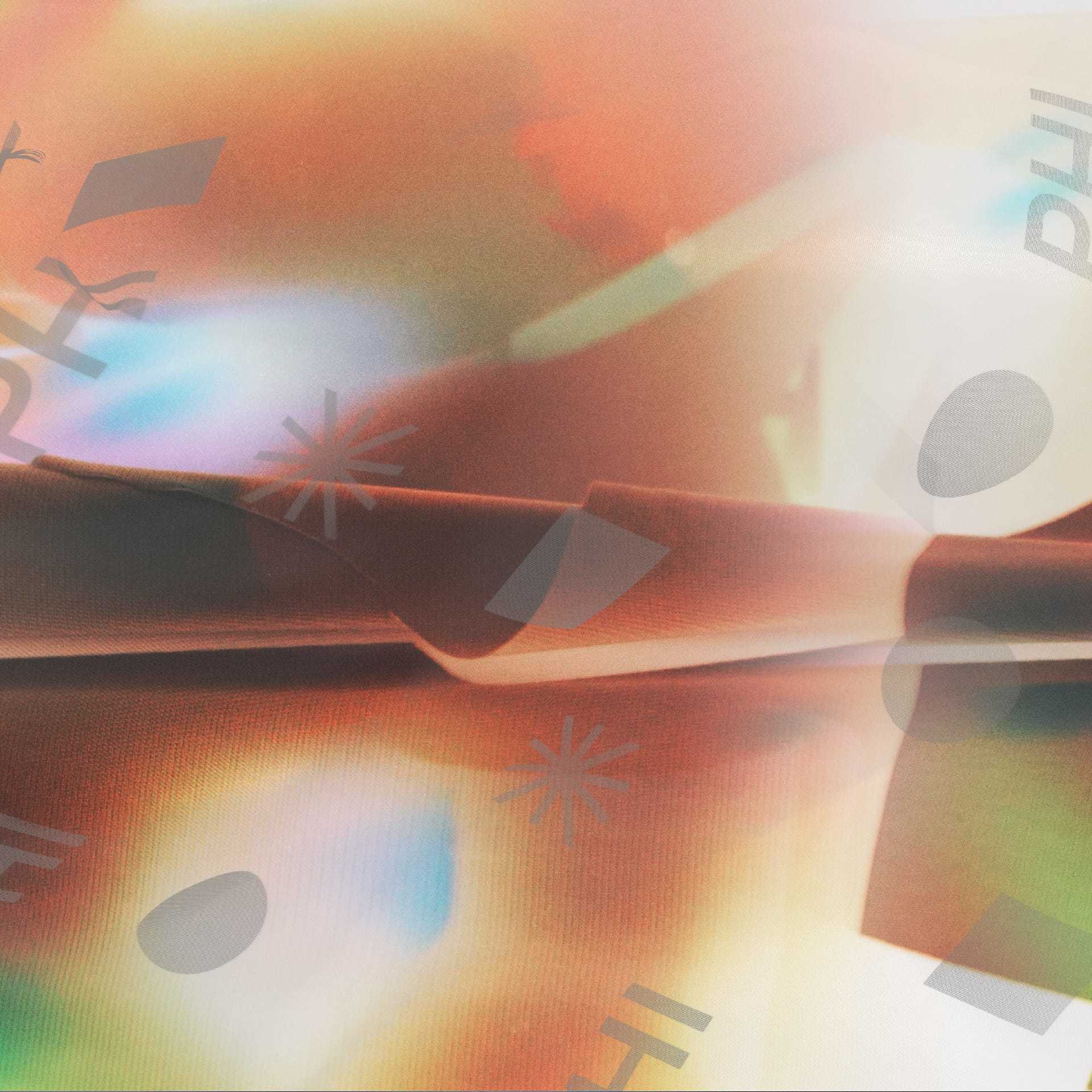
PHI Sessions 2021 will take place over two days separated by a one-week intermission, and will be initiated by a series of probing conversations on Day 1 — the Grounding Sessions, designed to provide a foundational survey of the subjects in question, followed by two Deep Dive Sessions that will probe certain territories in more detail. Critical areas for further inquiry will be identified through these conversations and presented during the Day 1 Summary Session as the Research Subjects that will be the basis for the Work Sessions of Day 2.
Day 1 will be conducted and presented virtually, as well as offered for public viewing at the PHI Centre (315 Saint-Paul St W). Online, the event will be offered in English with live audio translation offered in French. ASL (only for Deep Dive sessions) and LSQ interpretation will be available. Exchanges with the public will follow each session.
Day 2, which will take place one week after Day 1, will consist of time for self-directed Work Groups to probe one of the Research Subjects identified through the Day 1 Sessions in the form of closed Work Sessions. The goal of these sessions is to translate the selected Research Subjects into a series of concrete hypotheses and sketches of actionable experiments/ideas/proposals that could be adopted or undertaken by agents or institutions within the cultural domain as a means of furthering inquiry into the subjects.
The Work Sessions will be coordinated through a virtual meeting platform, and the Summary Session will be presented publicly via this PHI Sessions 2021 event page. A collective workspace for registered Work Groups will be offered at the PHI Centre (315 Saint-Paul St W).
Work Groups (with or without an alliance to a cultural, academic, artist-led or community organization) are invited to register their interest to participate on Day 2. Groups are suggested to be composed of 3-6 people, and are to be self-organized and self-directed. In the interim period between Day 1 and Day 2, each Group will be asked to select a Research Subject of interest from those identified through the Day 1 Sessions. There is no cost associated with registration or participation.
10:00 AM
Welcome and Introduction by Cheryl Sim
10:15 AM
Grounding Sessions: Where are we now? hosted by Ken Lum with Rebecca Belmore, Yesomi Umolu and András Szántó
11:15 AM
Exchange with the public
11:45 AM
Break
12:30 PM
Deep Dive Session 1: Emergent commitments and responsibilities of the cultural institution moderated by Kama La Mackerel with Calum Bowden, Haley Mellin, Monica O. Montgomery, Carmen Papalia
1:30 PM
Exchange with the public
2 PM
Break
2:15 PM
Deep Dive Session 2: Reframing the ‘spaces’ of the cultural institution moderated by Jepchumba with Jasmina Cibic, Ella den Elzen, Skawennati, Richard Fung
3:15 PM
Exchange with the public
4:30 PM
Summary Session and presentation of Research Subjects by Cheryl Sim and Talia Dorsey
Key Interim Dates
December 4-7
Final registration period for Work Groups / Selection of Research Subjects by pre-registered Work Groups
December 8
Preparatory Meeting for Work Groups (optional, but encouraged)
10 AM
Welcome and Orientation by Cheryl Sim and Talia Dorsey
10:15 AM
Work Sessions
3 PM
Summary Session hosted by Cheryl Sim and Talia Dorsey

Day 1 - Conversation Sessions
Grounding Session: Where are we now?
This series of conversations will be presented in a ‘talk show’ format with the host engaging in one-on-one conversations with three guests. Grounding and foundational, these conversations will offer broad and contextual, survey-level information to offer a general sense of the areas of exploration and concern before us.
Framing questions:
While the pandemic has affirmed that the experience of art and culture is essential to our well being, what about the role and purpose of cultural institutions? What are the new terms of ‘essential-ness’?
What are the emerging cultural shifts that represent compelling opportunities for the role and relevance of the cultural institution?
In light of these potentials, how can we re-imagine the notions of ‘responsibilities’ and ‘spaces’ of the contemporary cultural institution?
How are sustainability and relevance interlinked for cultural institutions now?
Deep Dive Session 1: The emergent commitments and responsibilities of the cultural institution
This session will explore new opportunities for institutional agency and action in the face of emerging societal forces. Building on fundamental institutional missions, are there new ways of conceiving the range and character of commitments and responsibilities that could reinforce sustainability and relevance?
Key territories for discussion: diversity, inclusion, accessibility, equity, environmental sustainability, governance, community participation and building, etc.
Deep Dive Session 2: Reframing the ‘spaces’ of the cultural institution
This session will aim to provoke new ways of framing the notion and qualified importance of ‘institutional spaces’ — interrogating the binary of the digital and the physical; questioning boundaries (beyond geography?) of public and community space(s); questioning conventions of spatial hierarchies, et al.
Key territories for discussion: digital space, physical space, public space, communities beyond geographies, democratization of space, ‘creation’ of space, indigenization of space, accessibility, etc.
Summary Session
The day will end with a Summary Session through which the critical Research Subjects identified through the conversations of Day 1 will be summarized and offered as departure points for experimental development in the Work Sessions on Day 2, one week later.

Intermission
Registration of Work Groups will remain open until December 7, and selection of Research Subjects will take place from December 4-7 (following their identification on Day 1). Work groups that register in advance will receive an email on December 4 with a reminder to select one of the identified subjects by December 7.
On December 8, from 10:00 AM to 10:30 AM, a Preparatory Meeting will be offered (virtually) to recap the Research Subjects identified on Day 1 and to provide guidance regarding the facilitation and goals of the Work Sessions. Participation in this meeting is strongly encouraged, but remains optional. A link for the meeting will be sent to the contact person for each Work Group on December 7.

Day 2 - Work Sessions
The Work Sessions will be the time for self-organized and self-directed Work Groups to develop speculative hypotheses, and related experiments/ideas/proposals in connection with one of the Research Subjects identified through the Day 1 Sessions. These hypotheses and ideas are imagined to be an expression and document of our contemporary thinking, but equally concrete means for continued and actionable pursuit of the speculative inquiries and Research Subjects they represent. As such, the findings from the Work Sessions will be documented in the Print Publication and act as the seeds of the continued development and articulation of the project through the Digital Publication and platform.
Summary Session
Day 2 will end with a public Summary Session presenting an overview of the hypotheses, ideas, experiments and proposals produced through the Work Sessions. Spokespersons from each Work Group will be asked to present their Group’s findings to the forum*.
*Should the number of Work Groups be too great to accommodate individual presentations, each Group will be asked to submit their work prior to the Summary Session such that the findings can be compiled and summarized collectively for presentation by the PHI Sessions 2021 Hosts, Cheryl Sim and Talia Dorsey.

Submission of Work
Subsequent to the event, all Work Groups will be asked to send their findings to the PHI Sessions 2021 organizers to be considered for inclusion in the Print and/or Digital Publications.
A primary intention of PHI Sessions 2021 is to launch and foster a collective project that might open up new networks and channels for exchange and collaboration to help continuously develop our understanding of the potential of cultural institutions. Our hope is that the research topics that emerge from Day 1 will be grappled with during the Work Sessions on Day 2, in order to produce a vital basin of hypotheses and experiments. In order to keep the ideas brewing and conversation going, the findings and ideas launched through PHI Sessions 2021 will be documented and pursued through a Print Publication and complementary Digital Publication. These will serve as the documents and ongoing platform for the body of vanguard ideas, methodologies and learnings from the PHI Sessions 2021.
Digital Publication
As a way to continue exploring the subjects, discussions and ideas generated by PHI Sessions 2021, we will create an iterative and evolutive Digital Publication. The Publication will serve as a way to extend the examination of subjects to different modes and media, and act as a repository for the continued documentation of ‘research findings’ and the novel questions that arise from them.
Dynamic and nonlinear, the Digital Publication will consist of subject-specific texts and provide a space for the sharing of the hypotheses, their ongoing development, and the results of experiments that have been pursued over time.
Print Publication
A selection of key hypotheses with applied experiments or ideas will be published, serving as a snapshot of what transpired over these two days. An introduction and commissioned texts that reflect on this moment of inquiry and exploration are also planned for this Publication.
A member of the Lac Seul First Nation (Anishinaabe), Rebecca Belmore is an internationally recognized multidisciplinary artist.
Rooted in the political and social realities of Indigenous communities, Belmore’s works make evocative connections between bodies, land and language. Solo exhibitions include: Facing the Monumental, Art Gallery of Ontario (2018); Rebecca Belmore: Kwe, Justina M.Barnicke Gallery (2014); The Named and The Unnamed, Morris and Helen Belkin Art Gallery, (2002). In 1991, Ayumee-aawach Oomama-mowan: Speaking to Their Mother was created at the Banff Centre for the Arts with a national tour in 1992 and subsequent gatherings took place across the Canada in 1996, 2008, and 2014.
In 2017, Belmore participated in documenta 14 with Biinjiya’iing Onji (From Inside) in Athens, Greece and Kassel, Germany. In 2005, at the Venice Biennale, she exhibited Fountain in the Canadian Pavilion. Other group exhibitions include: Landmarks2017 / Reperes2017, Partners in Art (2017); Land Spirit Power, National Gallery of Canada (1992); and the IV Bienal de la Habana (1991).
Belmore received the Jack and Doris Shadbolt Foundation’s VIVA Award (2004), the Hnatyshyn Visual Arts Award (2009), the Governor General’s Award in Visual and Media Arts (2013), and the Gershon Iskowitz Prize (2016). She received honourary doctorates from OCAD University (2005), Emily Carr University of Art + Design (2018), and NSCAD University (2019).
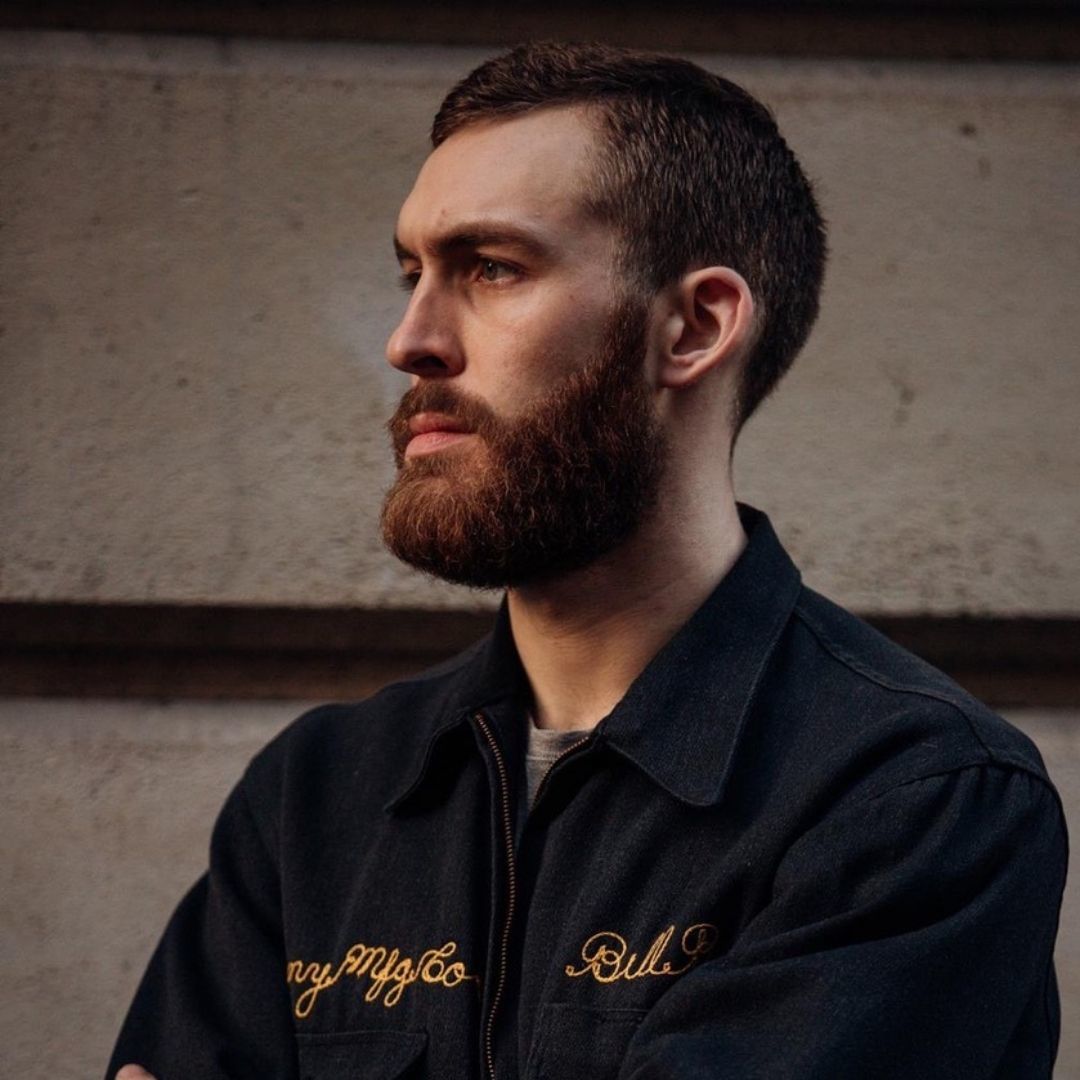
Calum Bowden collaborates on stories, worlds, and platforms that work to relink the cultural with the technological, the economic, and the political. He co-founded Trust, a space and platform in Berlin for the research, development and maintenance of shared infrastructures and imaginaries, and Black Swan, a collective pursuing horizontal and decentralized approaches to the traditional art world templates for art making. Within these collectives, Calum has worked with partners across the cultural sector, including Haus der Kulturen der Welt Berlin, the Serpentine Galleries London, Eyebeam New York, and KW Institute for Contemporary Art Berlin. Calum took part in the post-graduate program at the Strelka Institute, Moscow. He has an MA in Design Interactions from the Royal College of Art and a BSc in Anthropology from University College London.
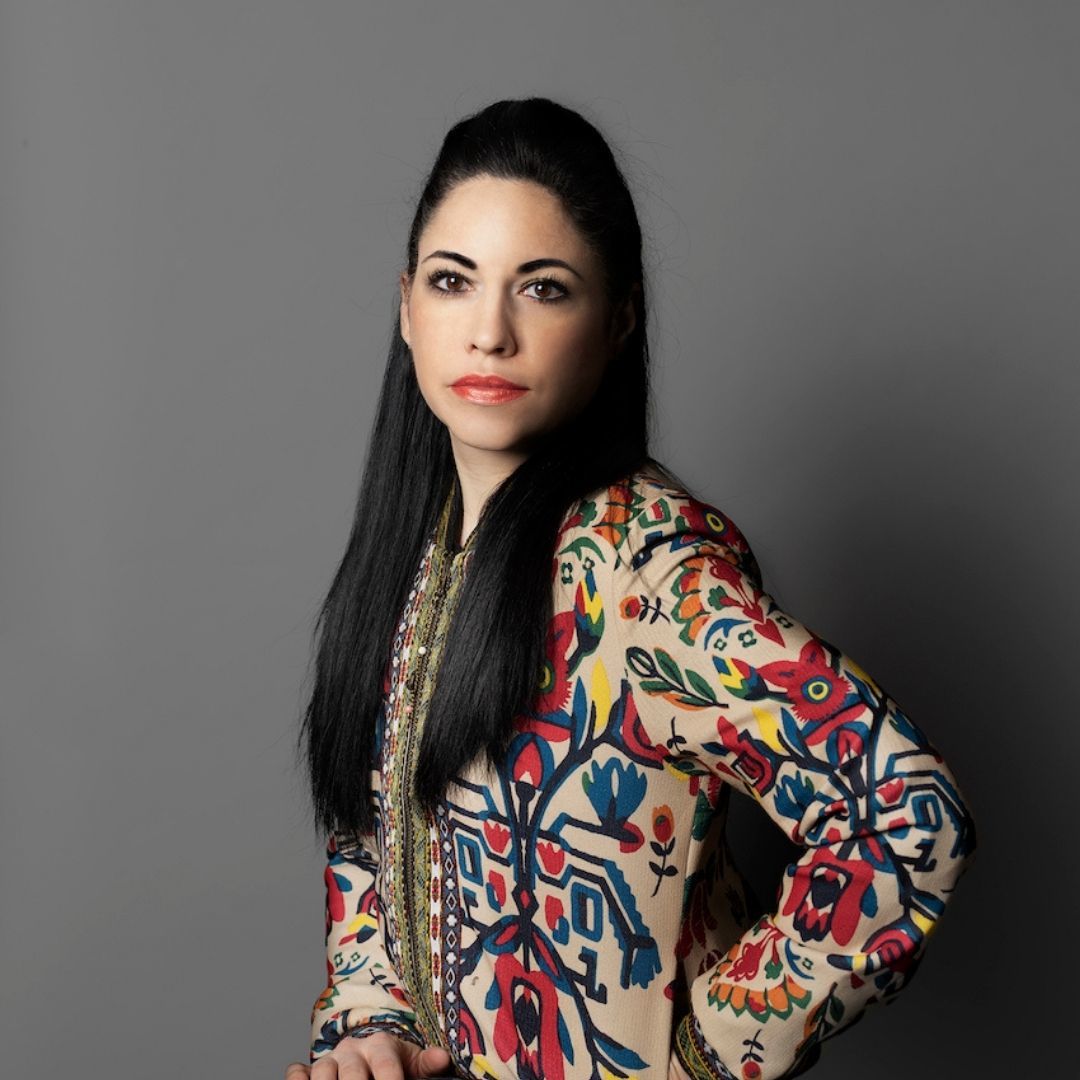
Jasmina Cibic (b. Ljubljana 1979) is a London based artist who works in performance, installation and film, employing a range of activity, media and theatrical tactics to redefine or reconsider a specific ideological formation and its framing devices such as art and architecture. Her work draws a parallel between the construction of national culture and its use value for political aims, addressing the timelessness of psychological and soft power mechanisms that authoritarian structures utilise in their own reinsertion and reinvention.
Jasmina Cibic represented Slovenia at the 55th Venice Biennial with her project “For Our Economy and Culture”. Her recent exhibitions include solo shows at: macLyon, Museum Sztuki Łódź, Museum of Contemporary Art Ljubljana, CCA Glasgow, Phi Foundation Montreal, BALTIC Centre for Contemporary Art Gateshead, Kunstmuseen Krefeld, Aarhus 2017, Esker Foundation Calgary, Museum of Contemporary Art Zagreb, Museum of Contemporary Art Belgrade, MGLC Ljubljana and Ludwig Museum Budapest along with group exhibitions at MAXXI Rome, Steirischer Herbst ‘19, MOMA NY, MUMA Monash Museum, CCS BARD, Marta Herford and Guangdong Museum of Art China. Cibic’s films have been screened at Whitechapel Gallery, Pula Film Festival, London Film Festival, HKW Berlin, Louvre, Dokfest Kassel and Copenhagen International Documentary Festival. Cibic has been shortlisted for the Jarman Award (2021 and 2018) and was the winner of the MAC International Ulster Bank and Charlottenborg Fonden awards (2016) and B3 Biennial of the Moving Image Award (2020).
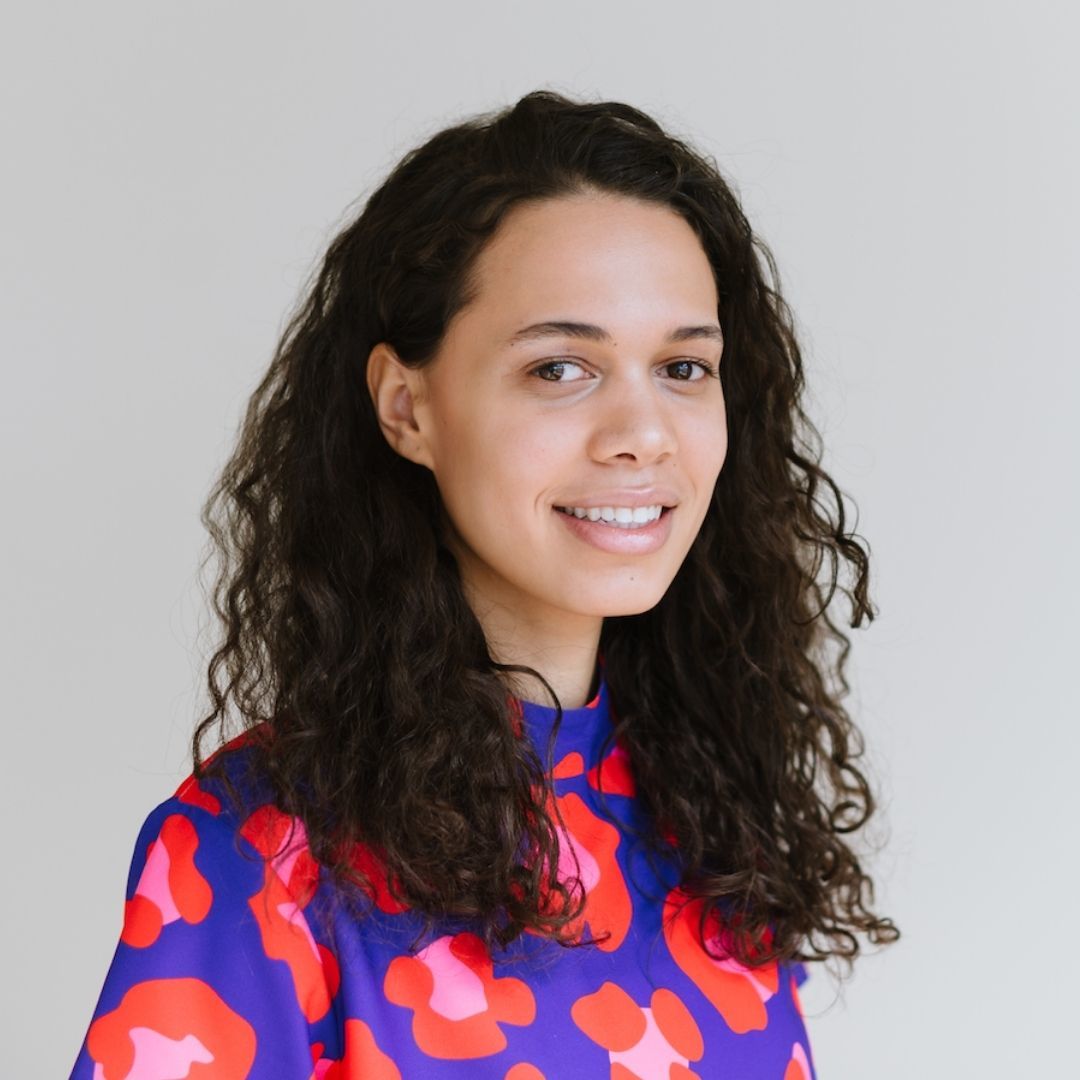
Ella den Elzen is an architectural designer, researcher and artist. Her practice engages with exploratory modes of architectural representation to understand the role of the built environment in contemporary society. Her research examines topics linked to migration, spaces of incarceration and settler-colonial infrastructures in relation to space. Through the use of film, archival material, and oral histories, she aims to reveal the narratives that architectural drawing and model making making do not always show. Her writing has been published in the Journal of Architectural Education, Public Parking, and the Canadian Centre for Architecture web publication. She currently works as a curatorial assistant at the Canadian Centre for Architecture (CCA) and co-instructs Architectural Theory to undergraduate students at the University of Waterloo, focusing on concepts of subjectivity and modern property.
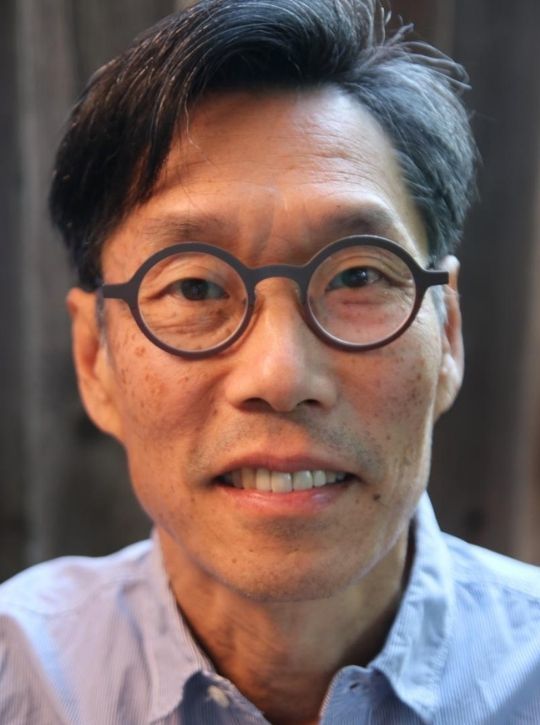
Richard Fung is a video artist, writer and Professor Emeritus in the Faculty of Art at OCAD University. Richard has served on the Media Arts and Racial Equality committees at the Canada Council for the Arts and on the board of the Toronto Arts Council. Currently, he sits on the board of Vtape and the advisories of the Reel Asian and Toronto Palestine film festivals, and is active with the Long Time No See collective, realizing community-based art projects in Toronto's Chinatown. He is the co-author with Monika Kin Gagnon of 13: Conversations on Cultural Race Politics/Territoires et trajectoires.
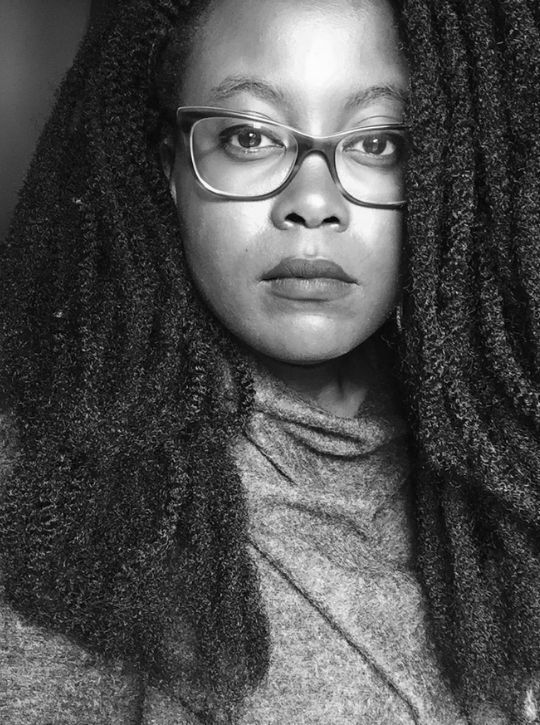
Jepchumba is a farmer, cultural technologist and founder of African Digital Art and Future Lab Africa. She has been listed by Forbes as one of the 20 Youngest Power Women in Africa 2012 and in the Guardian Africa’s Top 25 Women Achievers. A cultural ambassador, she travels the world to promote the growth of creative technology in Africa.
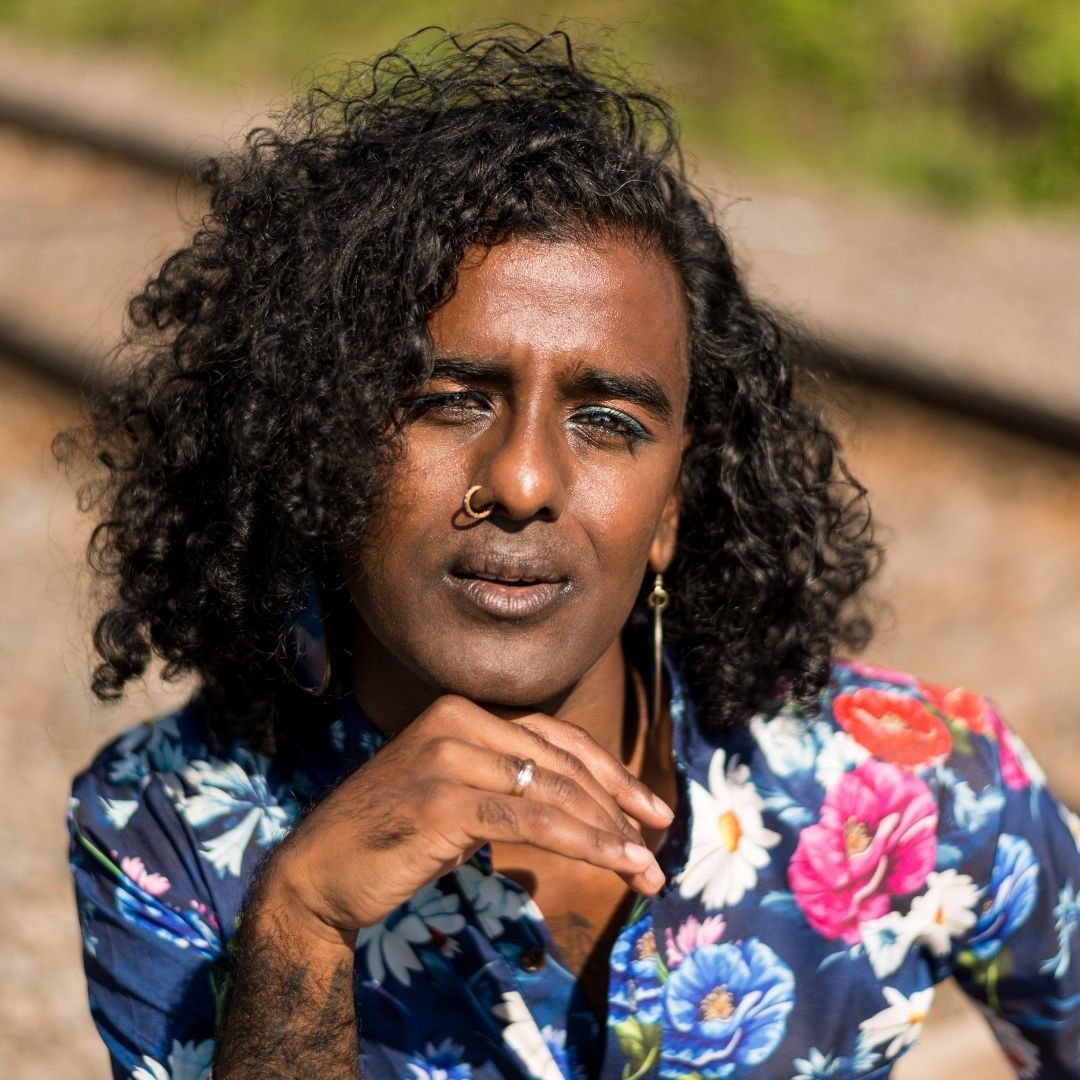
Kama La Mackerel is an award-winning Mauritian-Canadian multi-disciplinary artist, educator, writer, curator and literary translator. Kama’s work is grounded in the exploration of justice, love, healing, decoloniality, hybridity, cosmopolitanism, ancestral healing and self- and collective-empowerment.
They are the author ZOM-FAM (Metonymy Press) which was named a CBC Best Poetry Book, a Globe and Mail Best Debut, and was a finalist for the QWF Concordia University First Book Award and the Writers' Trust of Canada Dayne Ogilvie Prize. World Literature Today called ZOM-FAM “a milestone in Mauritian literature."
In 2021, Kama was awarded the Canada Council for the Arts Joseph S. Stauffer Prize for emerging and mid-career artists in Visual Arts.
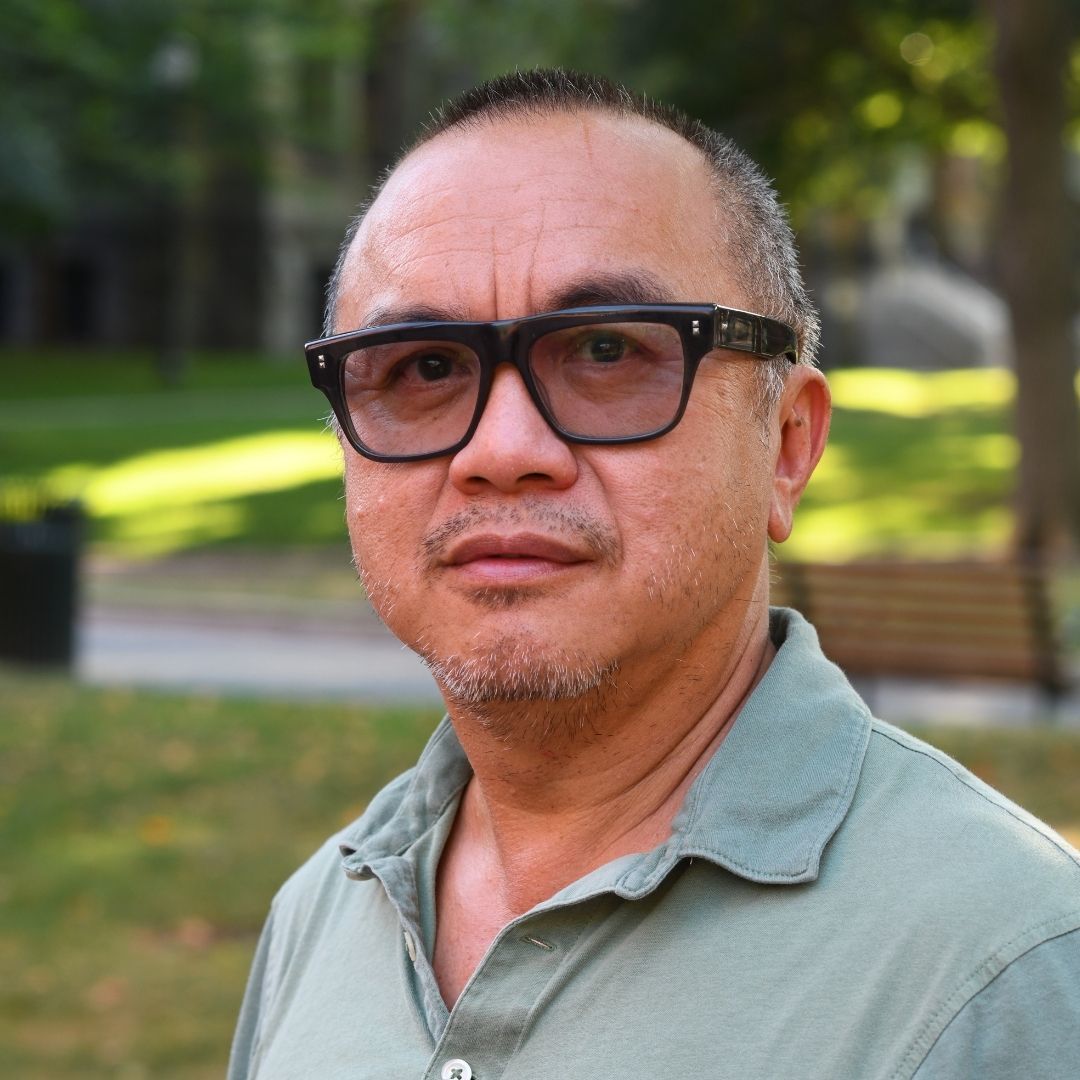
Ken Lum is an artist who has participated in numerous major exhibitions including Documenta, the Venice Biennale, Sao Paolo Bienal, Shanghai Biennale, Moscow Biennial, Sydney Biennale, Johannesburg Biennale and the Whitney Biennial. A longtime professor, he currently is the Chair of Fine Arts at the University of Pennsylvaniaกฏs Weitzman School of Design in Philadelphia.
He is co-founder and founding editor of the Yishu Journal of Contemporary Chinese Art, arguably the publication of record on contemporary Chinese art. He is a prolific writer and has delivered several keynote addresses at major conferences and events, including the 2021 Becoming Public Art conference in Markham, Canada, the 2010 World Museums Conference in Shanghai, and the 2006 Biennale of Sydney in Sydney, Australia. A book of his writings titled Everything is Relevant: Writings on Art and Life 1991 จC 2018 was published in 2020 by Concordia University Press. More recently, during pandemic time, he completed two feature length movie screenplays dealing with Chinese contract labourers set respectively in 1868 and 1885.
Since the mid 1990s, he has worked on numerous major permanent public art commissions including for the cities of Vienna, Rotterdam, St. Louis, Leiden, Utrecht, Toronto, and Vancouver.
Lum has a curatorial record including co-curating Shanghai Modern: 1919 จC 1945; Sharjah Biennial 7, Sharjah, United Arab Emirates and Monument Lab: Creative Speculations for Philadelphia.
Lum is the co-founder and Senior Curatorial Advisor to Monument Lab, a public art and history collective founded in Philadelphia in 2012. A solo exhibition is scheduled for Magenta Plains Gallery in New York, January 2022.
A survey exhibition of his work will take place in 2022 at the ReMai Modern in Saskatoon and the Art Gallery of Ontario in Toronto.
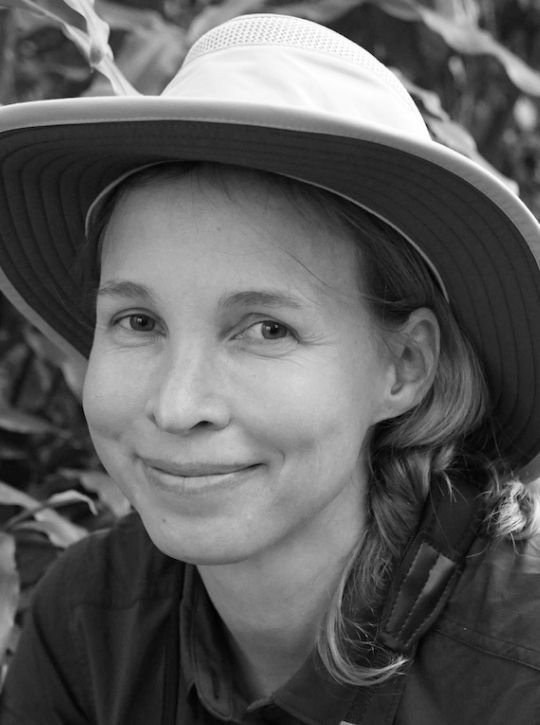
Haley Mellin is an artist and land conservationist based in San Francisco, California. She founded the Art for Acres not-for-profit in 2017 to support permanent land conservation on behalf of artists and institutions. To date the initiative has supported 22 million acres of conservation. In addition, Mellin supports carbon calculations for art exhibitions. She co-founded the Environmental Council at MOCA, Los Angeles and Art and Climate Action, San Francisco in 2020. Recent exhibitions include Hudson House, New York; The Journal, New York; Alexander Berggruen, New York; F Houston, Texas; Shoulder, Los Angeles; MoMA Ps1, New York; Bischoff Projects, Germany; Museum Dhondt-Dhaenens, Belgium and Museo Pino Pascali, Italy. She studied at U.C. Berkeley, New York University and the Whitney Museum Independent Study Program and is a student of teachers Rose Shakinovsky and Claire Gavronsky. Mellin received a Rhizome commission from the New Museum, New York.
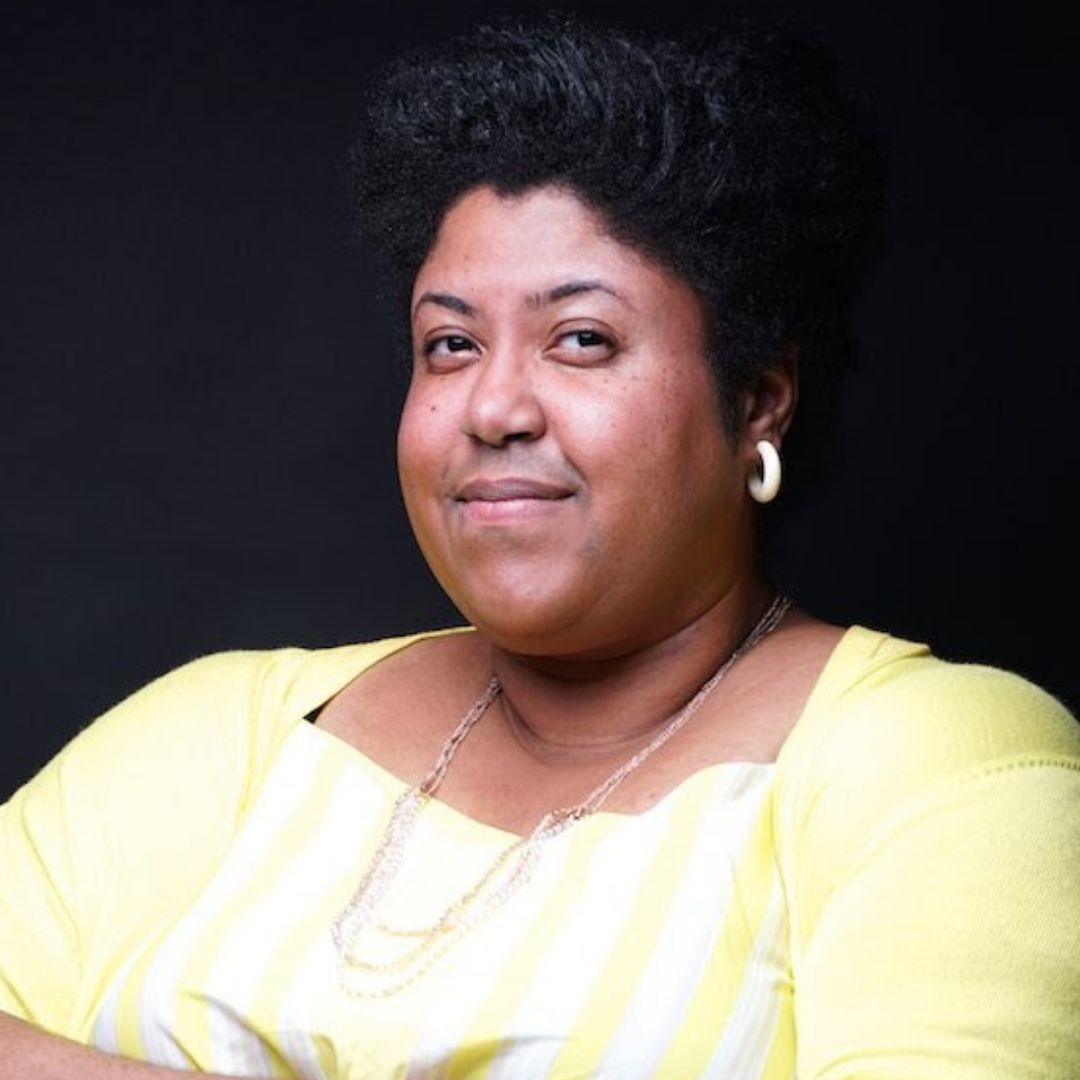
Monica O. Montgomery MA is a museum leader working at the nexus of equity, community and inclusion. She is the Curator of Social Justice, Special Projects + Programs, for the FUTURES exhibit presented by Smithsonian Institution, Arts + Industries Building. She has independently curated 40+ social justice, contemporary art and public history exhibits, experiences and festivals, with renowned organizations like the South African Embassy, Brooklyn Museum, Portland Art Museum, Teachers College, The Highline and more. She is cofounder of Museum Hue, leading the premiere multicultural group, in advancing the visibility and viability of BIPOC in museums, building diverse representation and equity. As a museum consultant working on DEAI and community engagement, her passion lies in remedy and resolution of organizational challenges, through a lens of welcoming and belonging. Monica is a graduate professor teaching courses around Museums, Community Engagement and Social Change at renowned institutions like: American University, Georgetown University, Johns Hopkins University, Harvard University, Pratt Institute and NYU. She holds a Bachelors of Arts in Broadcast Communication from Temple University and Masters of Arts in Corporate Communication from LaSalle University.
Monica honed her talents over the past decade as an 2x executive director, independent curator, program manager, education director, fundraiser and DEI trainer. She is a seasoned public speaker who keynotes conferences around the world such as: TedX, SxSW Edu, Museum Next, Museums Association, AMA UK Association of Art Museum Curators, American Alliance of Museums, Henry Stewart Events, Themed Entertainment Association, Designing for Empathy Summit, AASLH, NYCMER, Arts Administrators of Color. She has been featured in the media on PBS Newshour, Washington Post, Smithsonian Magazine, Humans of New York, Fox, C-Span, Hyperallergic, Radio One and Philadelphia Tribune. She serves as a scholar and advisor for leaders of museums, colleges, historical societies, associations and humanities councils.
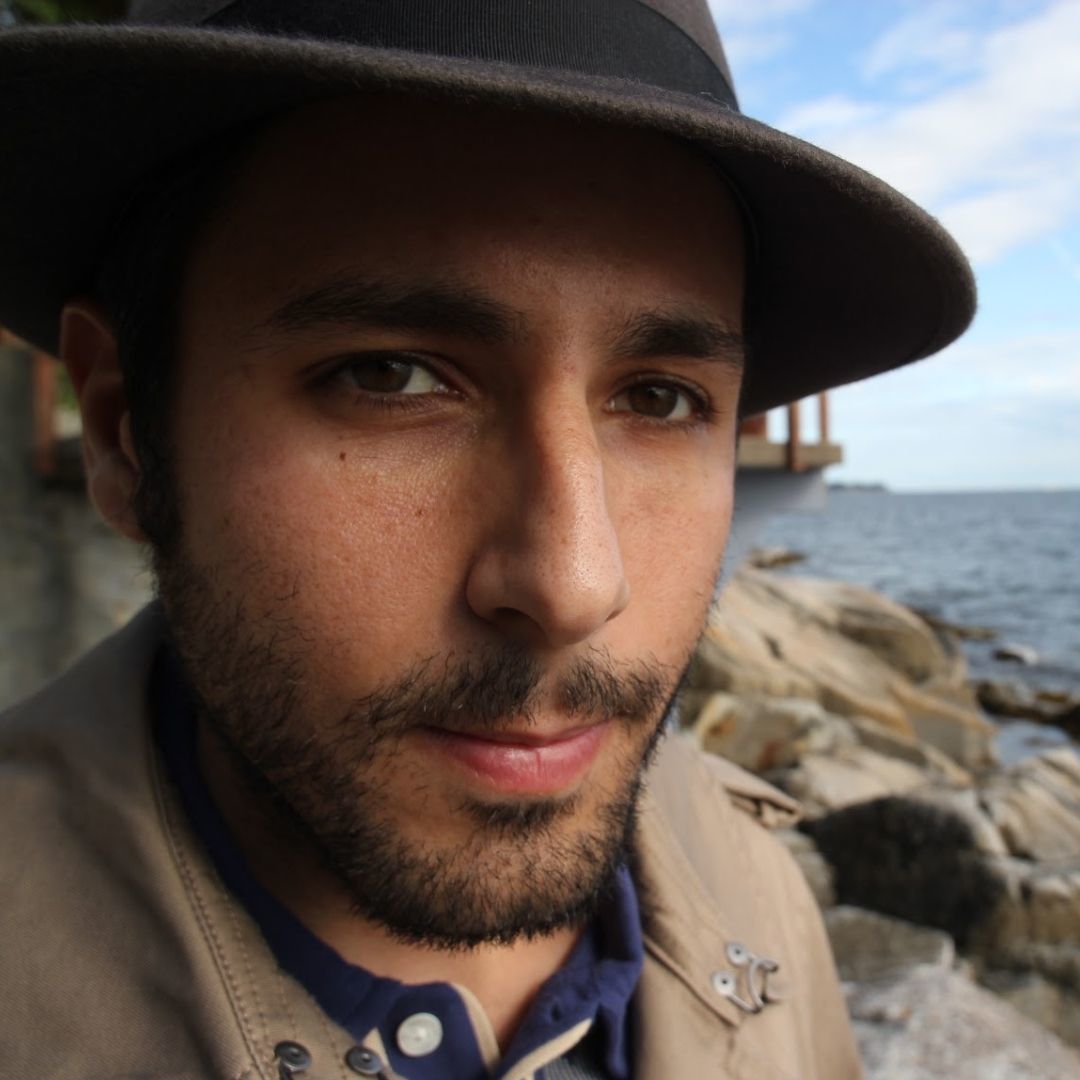
Carmen Papalia is a nonvisual social practice artist with severe chronic and episodic pain. In 2021 he co-founded the Open Access Foundation for Arts & Culture (OAFAC), a pandemic-era cultural organization that aims to set a new cultural standard for accessibility by nurturing creative and justice-oriented accessibility practices. Addressing the limited representation of those with lived experience of disability in leadership roles within the visual and performing arts, OAFAC’s activities advance disability culture and artistry within a contemporary art context through disability-lead trainings, curation, public engagements, exhibitions, performances, educational campaigns and site-specific project development with artists, curators and cultural workers.
Since 2009 Papalia has used organizing strategies and improvisation to address his access to public space, art institutions and visual culture. As a convener, he establishes welcoming spaces where disabled, sick and chronically ill people can build capacity for care that they lack on account of governmental failure and medical ableism. His work, which takes forms ranging from collaborative performance to public intervention, is a response to the harms of the Medical Model of Disability, a framework that erases disability experience by reinforcing ableist concepts of normalcy.
In 2020 Papalia was one of 25 artists who received the Sobey Art Award; in 2019 he was a Sobey long list recipient in the West Coast / Yukon region. Papalia also received the 2014 Adam Reynolds Memorial Bursary, which supported a 3-month residency at the Victoria & Albert Museum in London, and the 2013 Wynn Newhouse Award. His work has been featured at: The Museum of Modern Art, the Solomon R. Guggenheim museum, the Tate Liverpool, the Whitney Museum of American Art, the Banff Centre for Arts and Creativity and Gallery Gachet, among others.
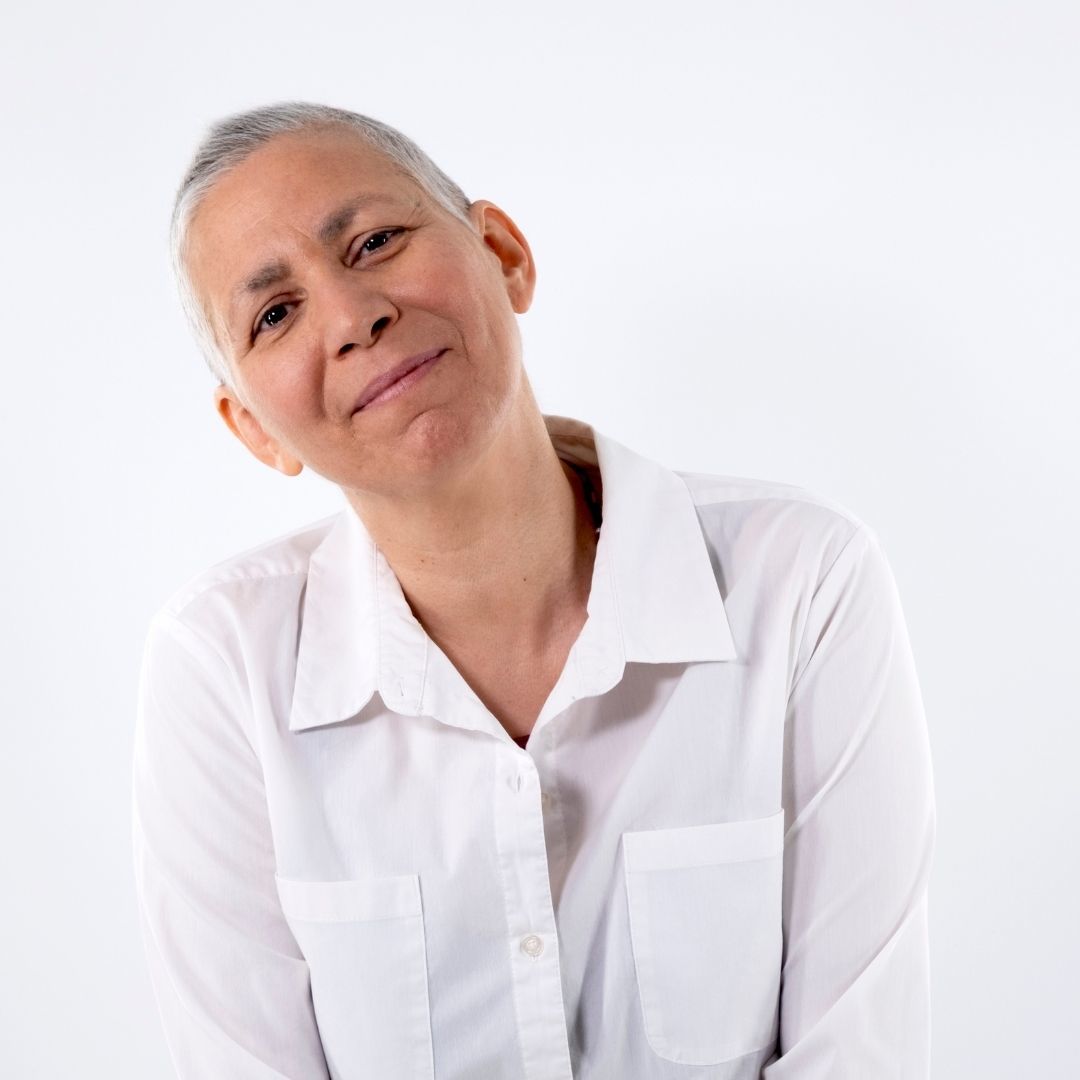
Skawennati investigates history, the future, and change from her perspective as an urban Kanien’kehá:ka woman and as a cyberpunk avatar. Her machinimas, still images, textiles and sculpture have been presented in Europe, Oceania, China and across North America in biennials, group exhibitions and solo shows. They are included in the collections of the National Gallery of Canada, the Musée d’art contemporain de Montreal and the Thoma Foundation, among others. She was honoured to receive a 2020 Smithsonian Artist Research Fellowship and a Visiting Artist Fellowship at the Eccles Centre for American Studies at the British Library.
Recipient of an Honorary Doctorate from the Minneapolis College of Art and Design, she is also a proud member of the Guild of Future Architects and a founding board member of daphne, Montreal’s first Indigenous artist-run centre. She co-directs Aboriginal Territories in Cyberspace, a research-creation network based at Concordia University, where she received her BFA. Originally from Kahnawà:ke Mohawk Territory, Skawennati resides in Montreal. She is represented by ELLEPHANT.
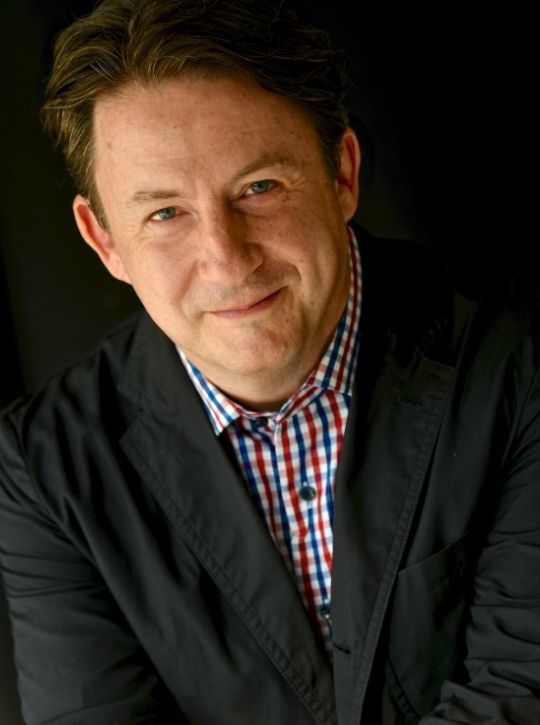
András Szántó (b. 1964) is a widely published author who advises museums, foundations, educational institutions, and corporations on cultural strategy and program development, worldwide. He earned his PhD in sociology from Columbia University. His writings have appeared in The New York Times, Artforum, Artnet, and The Art Newspaper, among other publications. As a consultant, he advises some of the world’s leading cultural institutions and corporate art programs. He has lectured on art business at the Sotheby's Institute of Art and has directed the National Arts Journalism Program at Columbia University. At the Metropolitan Museum of Art, he helped launched and oversee the Global Museum Leaders Colloquium, a series of 10-day seminars for international museum directors. He is a frequent moderator of the Art Basel Conversations series. Born in Budapest, he has curated exhibitions on Hungarian art of the 60s and 70s in London and New York. His most recent book is The Future of the Museum: 28 Dialogues (Hatje Cantz, 2020). He lives in Brooklyn.
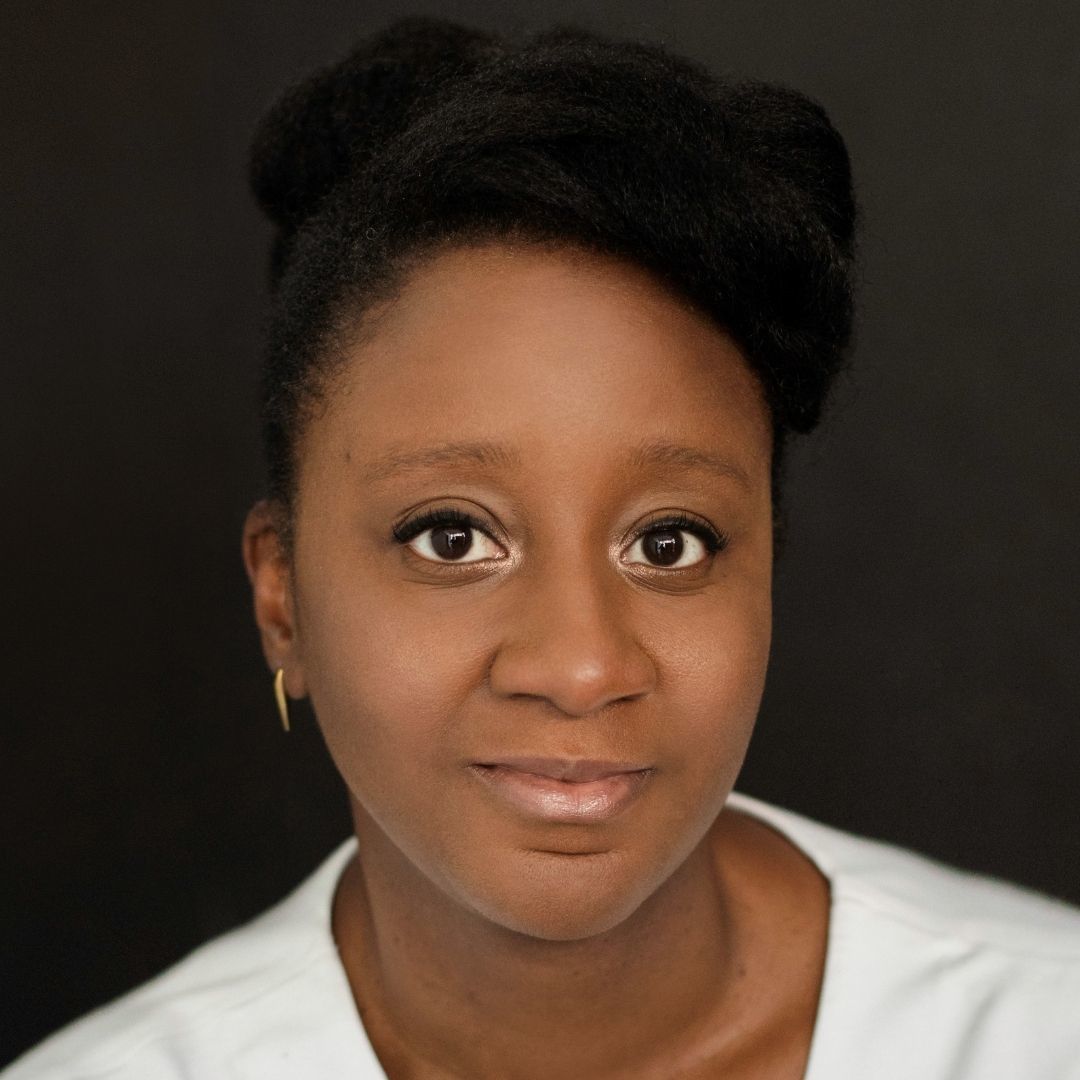
Yesomi Umolu is an arts leader and contemporary curator. She is currently Director of Curatorial Affairs and Public Practice at Serpentine, London. She was previously Director and Curator, Logan Center Exhibitions at the University of Chicago where she also taught courses in visual art and spatial practices as a lecturer in the humanities division. Prior to joining the Logan, Umolu held curatorial positions at the MSU Broad Museum, East Lansing, Michigan; Walker Art Center, Minneapolis; and Manifesta 8, the European Biennial of Contemporary Art. As Artistic Director of the 2019 Chicago Architecture Biennial, Umolu oversaw a critically acclaimed curatorial program featuring new commissions, off-site installations, and a host of performances, talks, workshops, and community engagements with over 80 international contributors. Umolu is a 2016 recipient of the prestigious Andy Warhol Foundation for Visual Arts Curatorial Fellowship. She served on the curatorial advisory board for the United States Pavilion at the 16th Venice Architecture Biennale. She is a trustee of the Graham Foundation for Advanced Studies in the Fine Arts, Chicago.

Free
Centre
The PHI Centre showcases a light installation with evolving content, adapting to the seasons and exhibitions
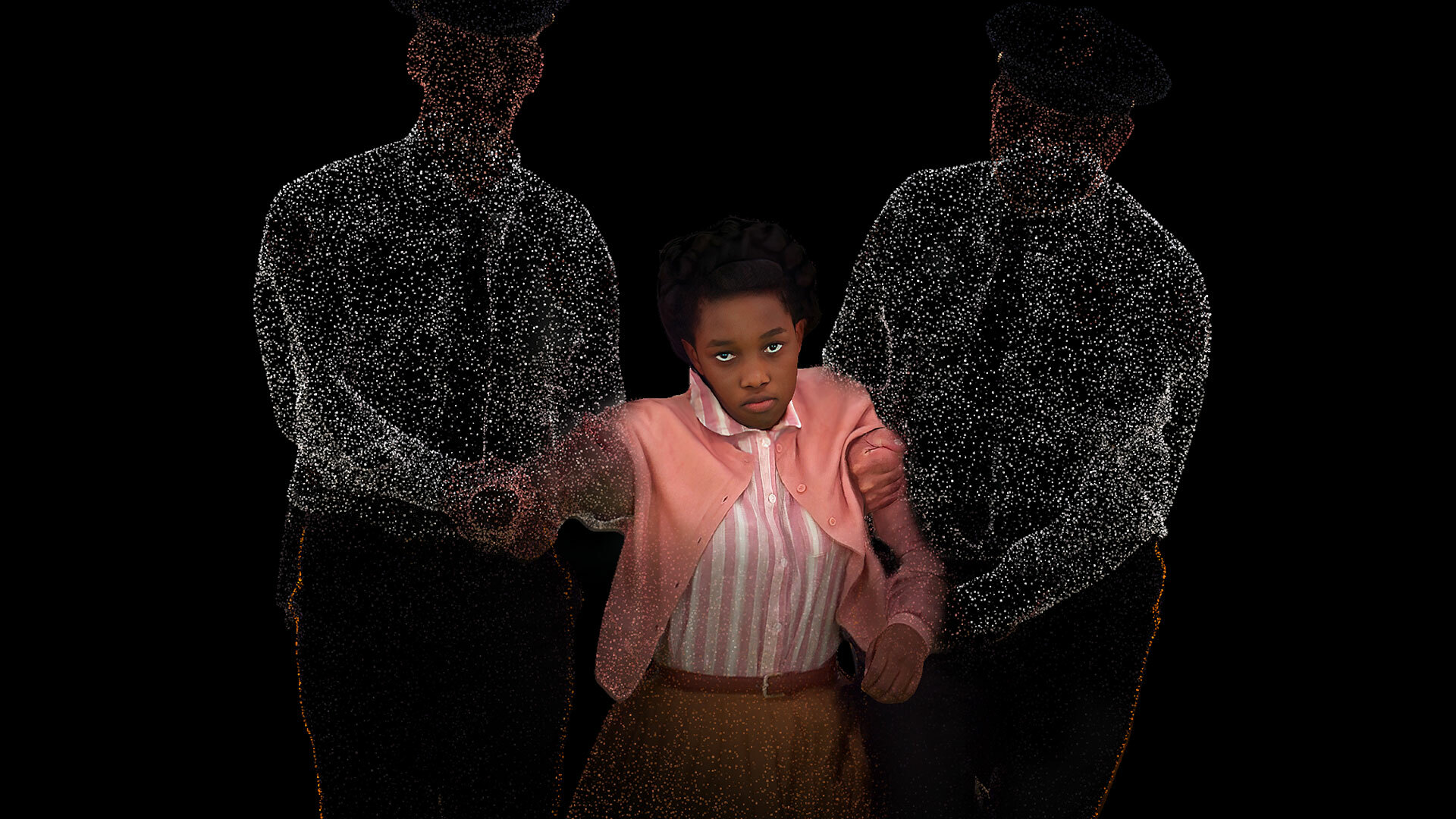
Limited Places
Centre
An immersive experience that traces the story of Claudette Colvin and her fight for civil rights in 1950s Alabama
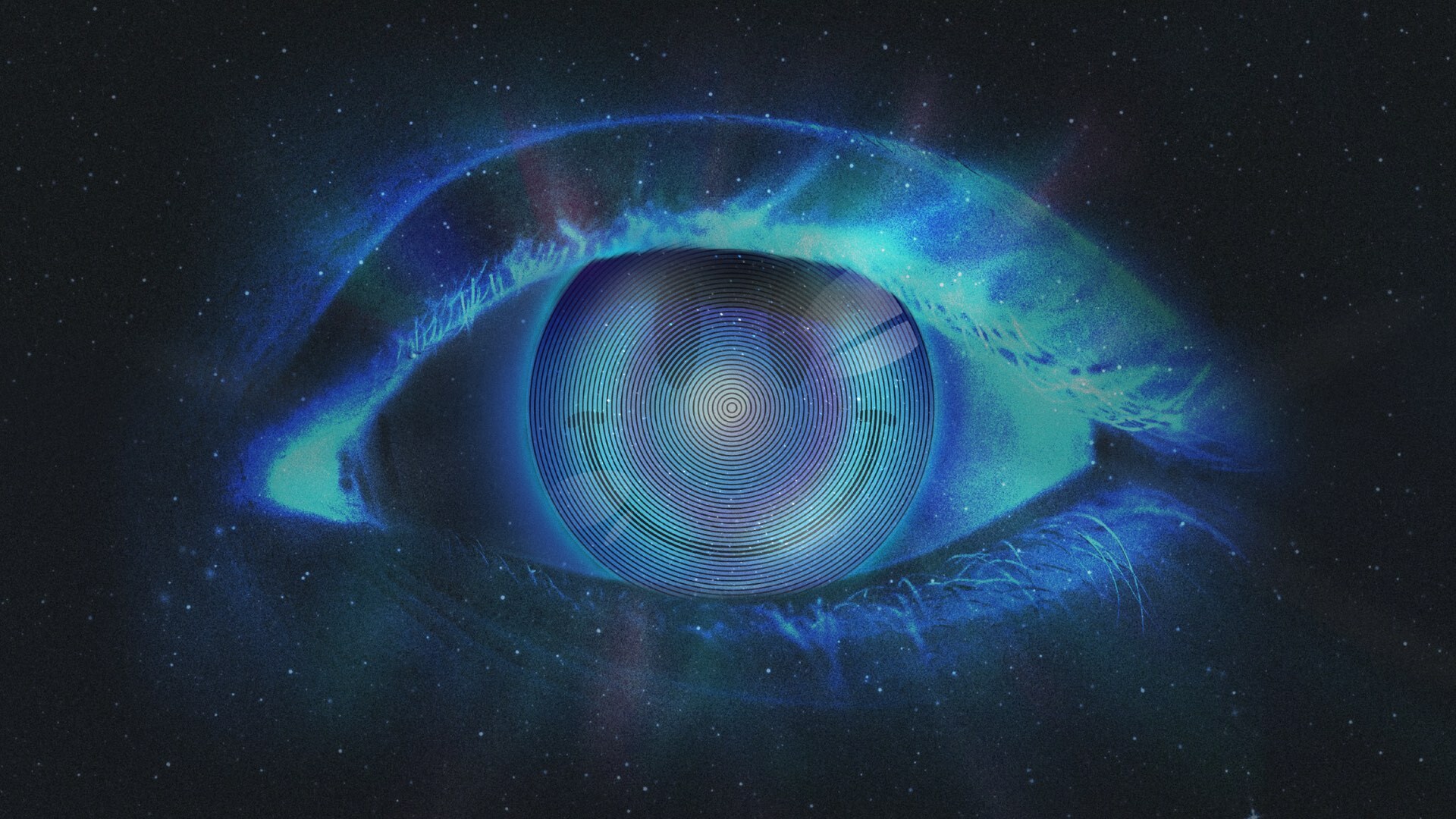
Limited Places
Centre
An interactive virtual reality adventure that takes audiences back to the heyday of the UK’s illegal Acid House rave scene of the late 1980’s
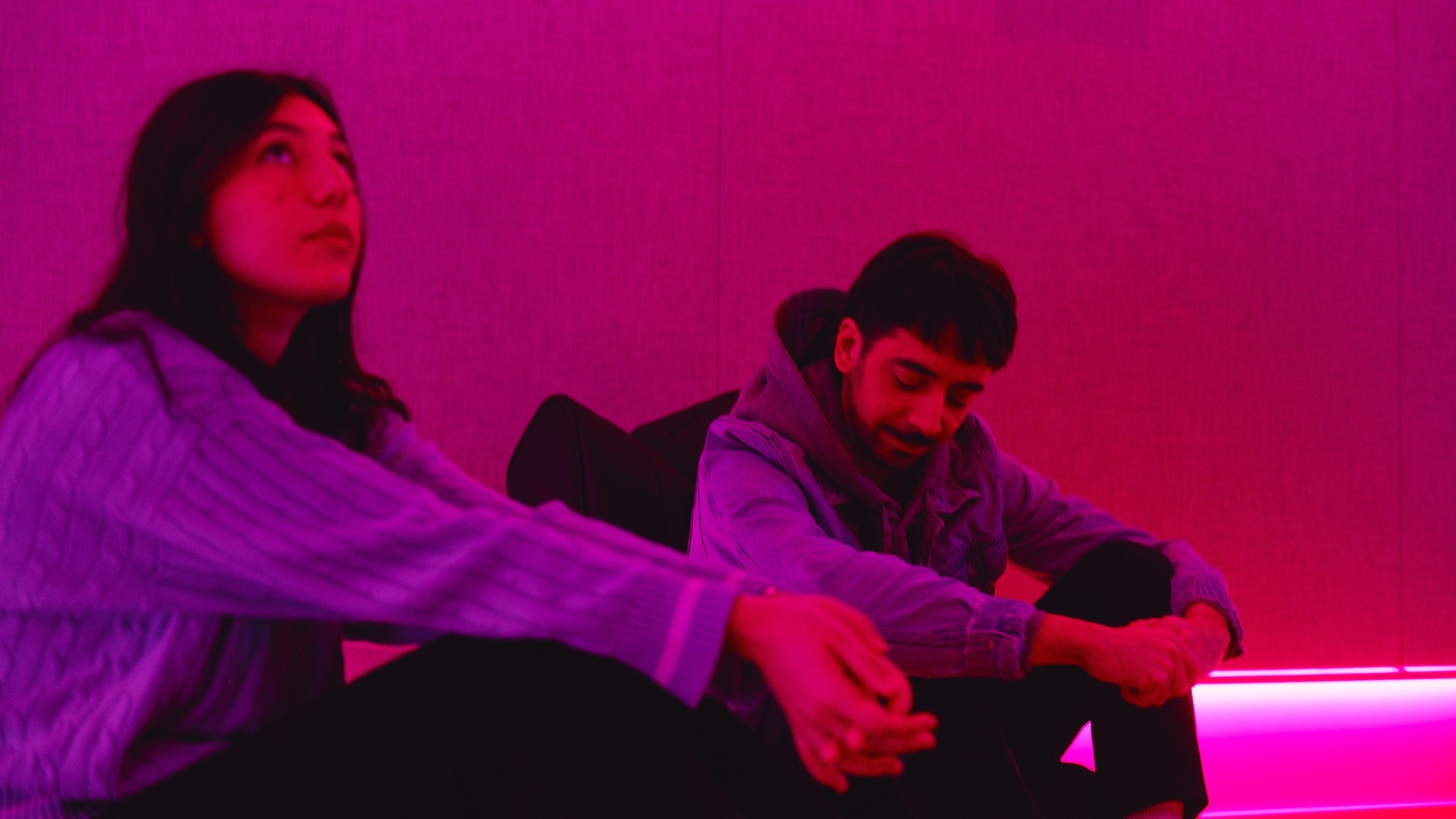
Dolby Atmos Mix
Centre
Tune out outside noise and immerse yourself in one of Montreal's only spatial audio listening rooms. The artists: Dominique Fils-Aimé, Michael Gary Dean, SlowPitchSound and Tanya Tagaq
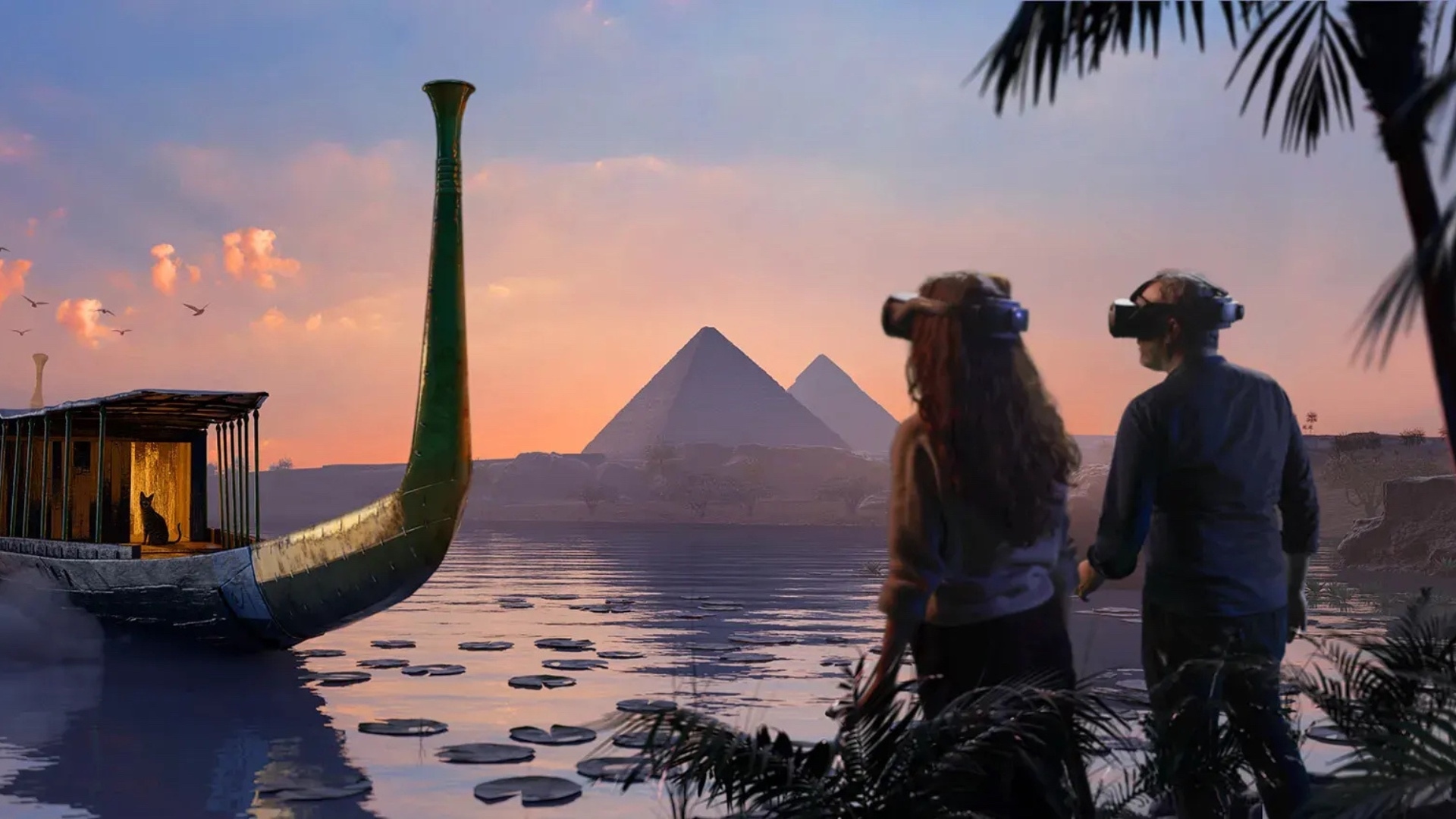
Off-Site Location
The immersive experience Horizon of Khufu, presented in the Old Port, is a unique VR expedition to discover the wonders of Egypt
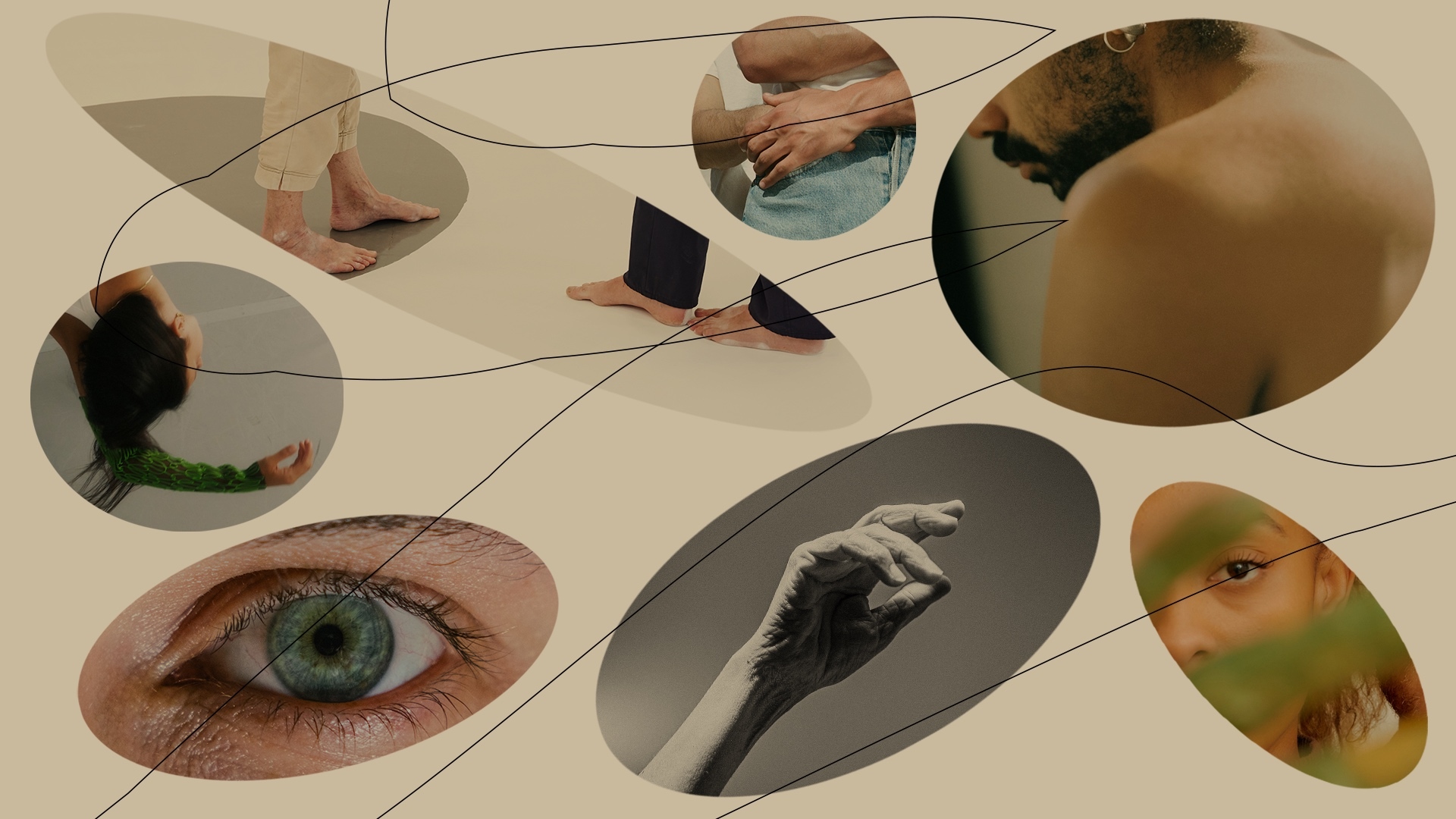
Free
Centre
A monthly gathering of live performances where art comes to life
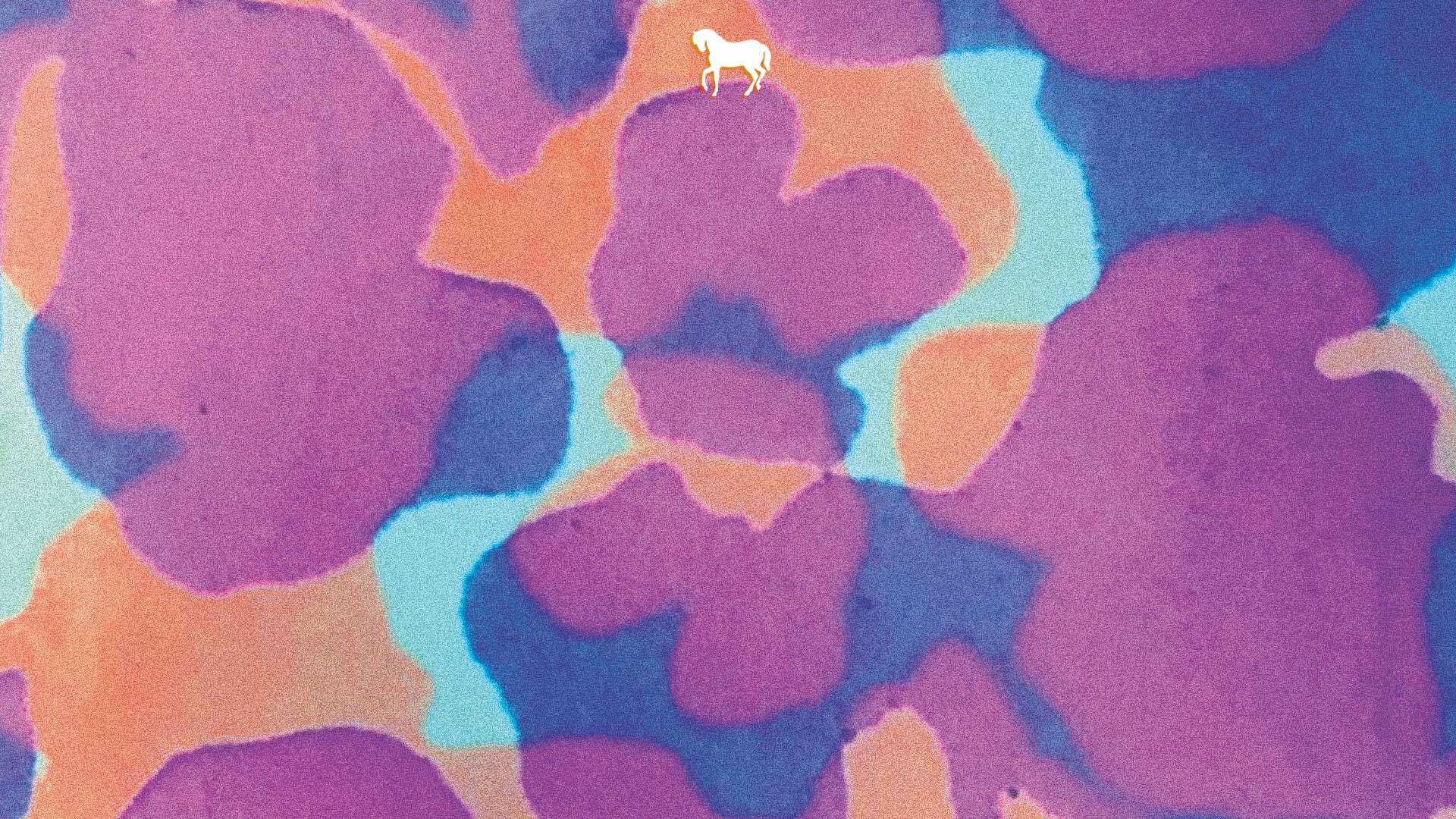
Centre
Come celebrate Forward Music Group's 16th anniversary at the PHI Centre, featuring Backward Music artists Sarah Pagé, Nick Schofield and Charbonneau/Amato
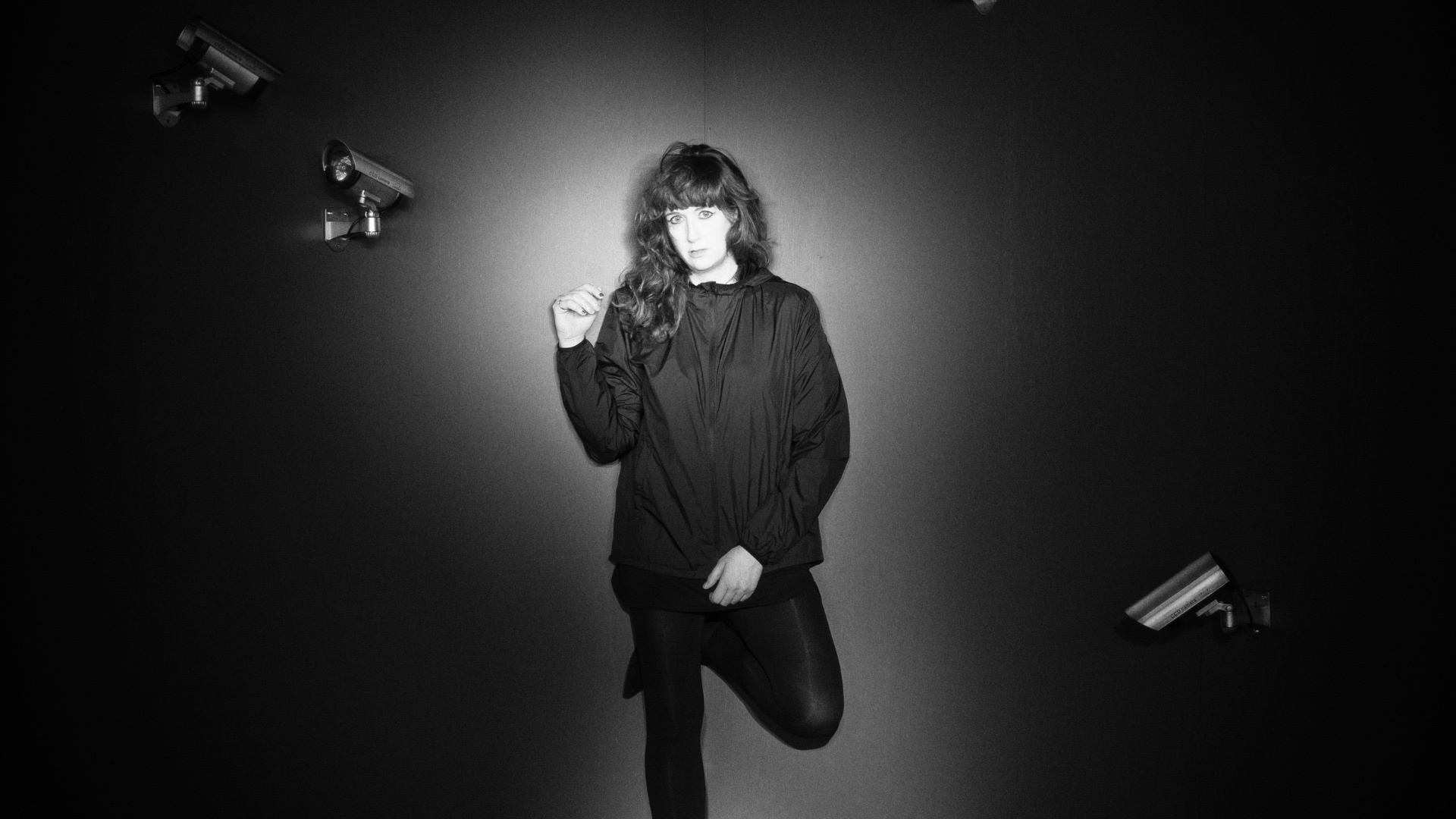
Album Launch Show
Centre
The multidisciplinary artist presents the minimal pop and electronic sounds of her first solo project, Les manières de table